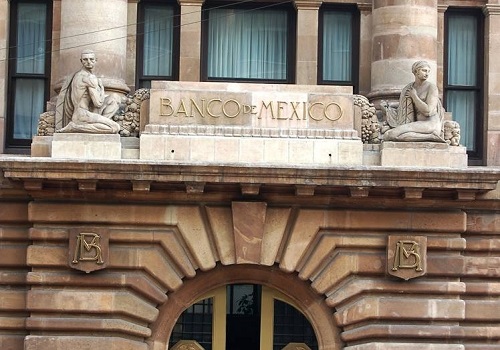Deglobalisation, tight finance, commodity shocks cast shadow on Asia`s emerging markets: Moody`s

Follow us Now on Telegram ! Get daily 10 - 12 important updates on Business, Finance and Investment. Join our Telegram Channel
Deglobalisation trends, commodity shocks, tighter finance cast a shadow on Asia's emerging markets (EM) which remain an important global growth engine, said Moody's Investors Service.
According to Moody's as capital flows to EMs slow, smaller frontier markets in Asia face financing risks. In both larger and smaller economies, the sociopolitical repercussions of the rising costs of necessities like food are at risk.
"The key question today is whether aggressive monetary tightening by central banks around the world will bring down inflation without pushing economies into recession," Atsi Sheth, Managing Director, Credit Strategy and Research at Moody's said at the recent Emerging Markets Summit Asia 2022.
Moody's baseline expectation is that global growth will slow significantly, but a deep global recession will likely be avoided.
However, there are risks to this baseline, including from an even more severe energy shock in Europe or a sharper-than-anticipated growth slowdown in China.
Asia's EM economies have a record of growing faster on average than other regional peers. Asia's companies have benefited from the globalization of supply chains and cross-border financial investment over the past few decades, Moody's said.
Meanwhile, China's rapid growth had positive spillovers for Asian EMs.
Now, with deglobalisation risks rising, slowing growth in China and tighter global financing conditions, maintaining high growth rates will require new catalysts to spur investment and productivity-driven growth.
Asian EMs that are able to generate economic dynamism through public policy or private innovation will likely have an edge over their peers, Moody's said.
























